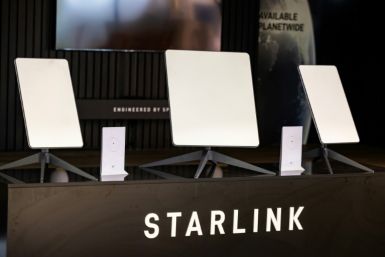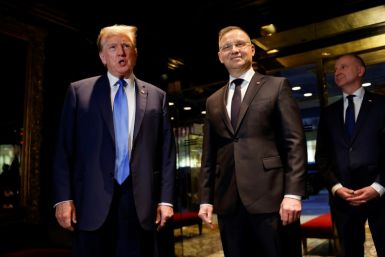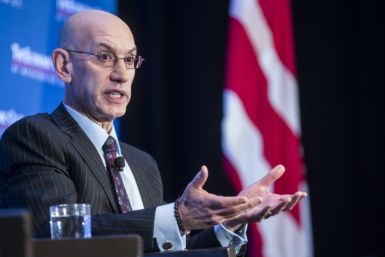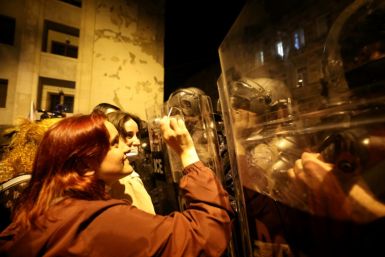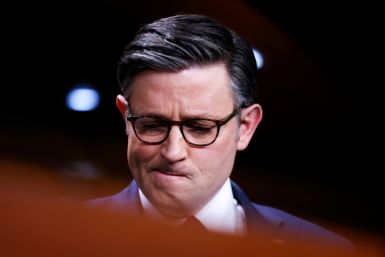Japan, India Seen to Sign Agreements on Nuclear Energy, Rare Earths
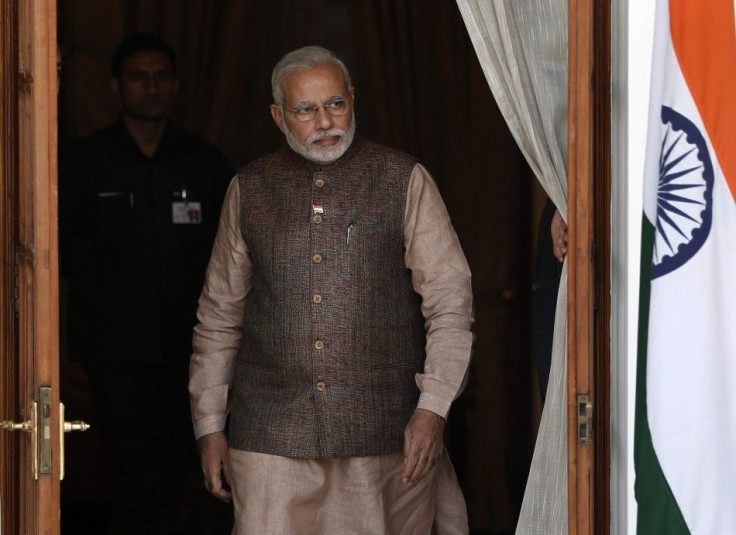
Indian Prime Minister Narendra Modi's visit to Japan seemed to be on a lucky streak as the latter vowed to double its direct investment in India in the next five years. Mr Modi and Japan's Shinzo Abe are also seen to accelerate talks on a potential nuclear energy pact as well as sign an agreement on rare earths.
Both leaders, in a joint statement issued after their talks on Monday, reiterated the importance of upgrading defense ties, especially in the light of growing neighbour China.
Speaking to Japanese business leaders, Mr Modi said Japan and India must work towards a path of peaceful development, not "18th-century-style" expansionism.
"There are 18th-century-style ways and thinking that involve expanding (geographically) by taking away land of another nation and going into seas," he said, without making any reference to China. "If Asia is to become the leader in the 21st century, Japan and India should lead" and promote a path of peaceful development, he said.
Both Tokyo and New Delhi have separate long-running territorial disputes with Beijing.
Mr Abe vowed Japan will work hand-in-hand with India to strengthen relations between the two countries in every field as well as elevate ties to a special, strategic global partnership.
Included in their "Investment Promotion Partnership" is doubling Japan's foreign direct investment in India, as Mr Abe pledged Japan will increase public and private investment and financing to $33.6 billion within five years.
He likewise committed to extend an aid loan of $480 million to the India Infrastructure Finance Co.
Mr Abe, who knew India has plans to develop world-class infrastructure, including high-speed railway system, expressed hope that India could consider introducing Japan's bullet train, known as Shinkansen, for the Ahmedabad- Mumbai route.
The two leaders also discussed an agreement on a commercial contract for Indian rare earths to be produced and supplied to Japan. Rare earths are important elements needed to manufacture high-tech products such as hybrid cars and mobile phones.
Both leaders instructed their respective officials to "further accelerate" negotiations for a civil nuclear pact that would allow Japan to export nuclear-related technology to India.


